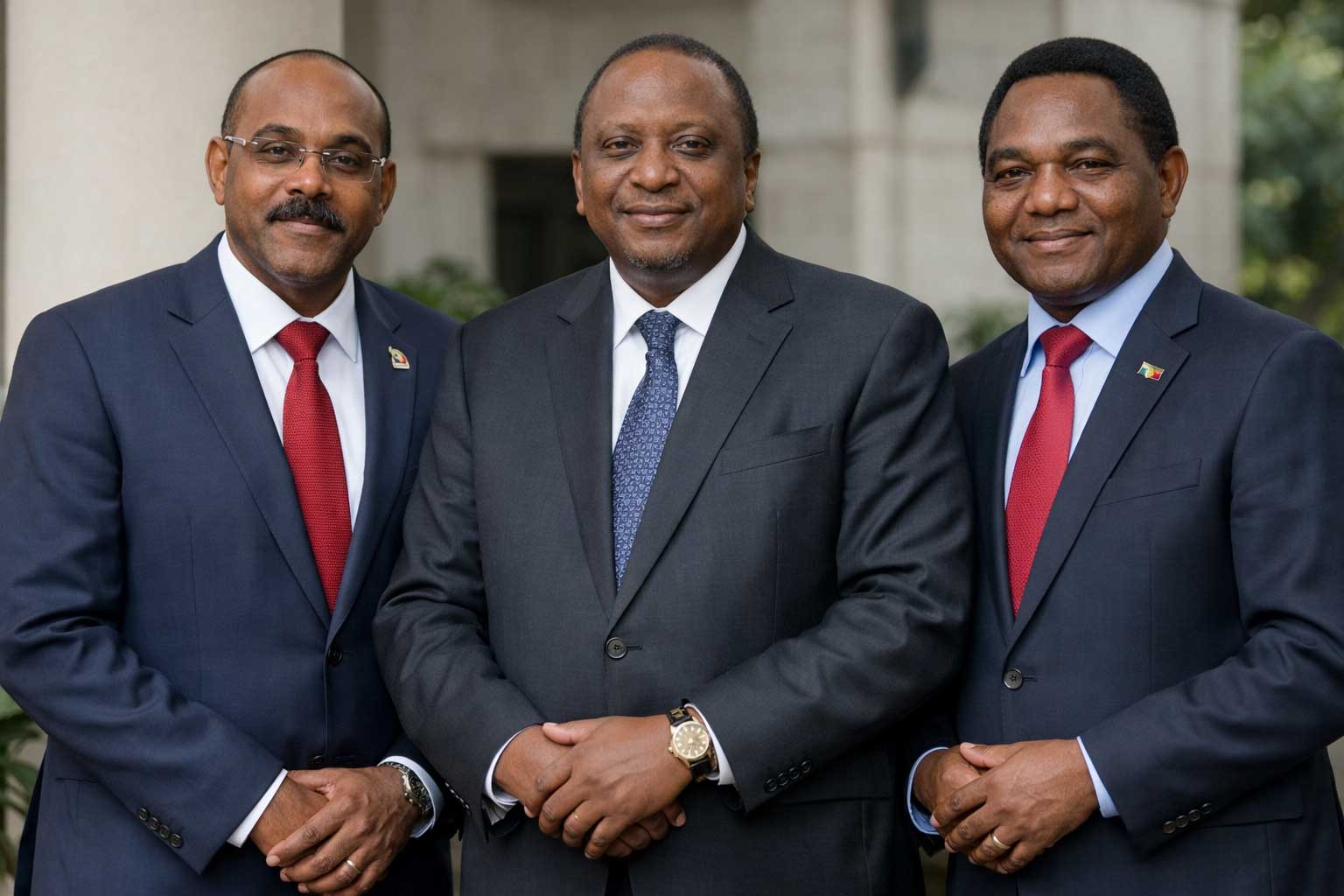One day, some 85 years ago, Mutuku Ing'ati left his home in southern Kenya and was never seen again. The 30-something Mr. Ing'ati had disappeared with no explanation. For years, his family desperately tried to track him down, following lead after lead that eventually dried up. As decades passed, memories of Mr. Ing'ati faded. He had no children, and many of those close to him passed away. However, roughly eight decades later, his name re-emerged in British military records. The Commonwealth War Graves Commission (CWGC), which works to commemorate those who died in the two World Wars, contacted Mr. Ing'ati's nephew, Benjamin Mutuku, after mining old documents. He learnt that on the day his uncle left his village, Syamatani, he traveled roughly 180km (110 miles) westwards to Nairobi—the seat of the British colonial government then in control of the country. There, he signed up as a private with the East African Scouts, a regiment in the British army that fought in World War Two. Millions of men from the British Empire were recruited to fight in both of the 20th century’s global conflicts across multiple theaters of war. Mr. Ing'ati responded to the call for recruits—when exactly is not clear—and then on June 13, 1943, he was killed in action, according to the records unearthed by CWGC. The circumstances surrounding his death remain unknown.
Like thousands of Kenyans who fought in the British army, he died without his family being notified and was buried in a location unknown to this day. As the UK marks Remembrance Sunday to honor those who contributed to the war effort, the sacrifices of many Kenyan soldiers, like Mr. Ing'ati, remain unrecognized. The world knows little of their service, and they were not formally commemorated in the same manner as their white counterparts. Following up on the information, Mr. Mutuku expressed mixed feelings—relieved to learn about his uncle's fate but frustrated that his burial site remains unknown, reflecting a cultural belief that underscores the importance of being laid to rest near family homes.
The CWGC is dedicated to discovering more about Mr. Ing'ati and countless other forgotten Kenyan soldiers. They have recently uncovered a wealth of rare colonial military records that date back to World War One, allowing for the recovery of names and stories of over 3,000 soldiers who served during that conflict. These archival documents will not only shed light on the names and stories of these brave individuals but also ensure their sacrifices are acknowledged.
Moreover, historians are keen to integrate this history into the educational curriculum in Kenya, aiming to educate future generations about the significant, yet often overlooked, contributions of Africans in the world wars. The CWGC continues to strive towards uncovering individual records of soldiers until every fallen hero is duly commemorated.\
Like thousands of Kenyans who fought in the British army, he died without his family being notified and was buried in a location unknown to this day. As the UK marks Remembrance Sunday to honor those who contributed to the war effort, the sacrifices of many Kenyan soldiers, like Mr. Ing'ati, remain unrecognized. The world knows little of their service, and they were not formally commemorated in the same manner as their white counterparts. Following up on the information, Mr. Mutuku expressed mixed feelings—relieved to learn about his uncle's fate but frustrated that his burial site remains unknown, reflecting a cultural belief that underscores the importance of being laid to rest near family homes.
The CWGC is dedicated to discovering more about Mr. Ing'ati and countless other forgotten Kenyan soldiers. They have recently uncovered a wealth of rare colonial military records that date back to World War One, allowing for the recovery of names and stories of over 3,000 soldiers who served during that conflict. These archival documents will not only shed light on the names and stories of these brave individuals but also ensure their sacrifices are acknowledged.
Moreover, historians are keen to integrate this history into the educational curriculum in Kenya, aiming to educate future generations about the significant, yet often overlooked, contributions of Africans in the world wars. The CWGC continues to strive towards uncovering individual records of soldiers until every fallen hero is duly commemorated.\



















